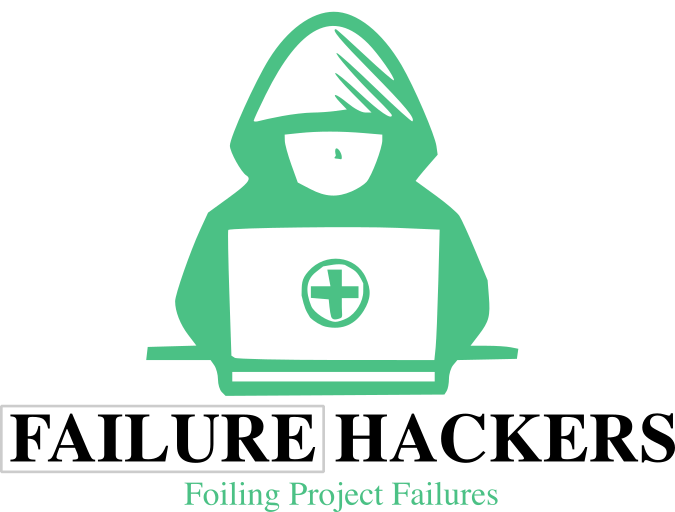Mastering Problem Solving: How to Ask Better Questions Using Socratic Questioning, Appreciative Inquiry, and Challenge Mapping
In today’s fast-paced world, the ability to solve problems efficiently and effectively can make or break teams and organisations. But what often goes overlooked is the pivotal role that asking the right questions plays in problem-solving. Getting to the heart of an issue starts with good questioning. This article explores three powerful techniques—Socratic questioning, appreciative inquiry, and challenge mapping—that can enhance how individuals and teams understand and frame their challenges.
The Art of Socratic Questioning
Named after the ancient Greek philosopher Socrates, this technique promotes critical thinking through dialogue. Rather than providing answers or solutions, Socratic questioning encourages individuals to reflect deeply on their assumptions and thought processes. Here’s how you can implement it:
- Clarify your thoughts: Begin by asking, “What do I really mean by this?” or “Can you explain that further?”
- Challenge assumptions: Question the premises underlying a belief. Use queries like “What are we assuming here?” or “How do we know this is true?”
- Explore implications: Encourage exploration of the consequences of a perspective by asking, “What might happen if we pursue this course of action?”
- Seek alternatives: Motivate creative thinking with questions such as “What are other ways to approach this issue?” or “What might someone with an opposing view say?”
By fostering a culture of inquiry, teams can surface hidden assumptions and encourage deeper understanding of the issues at hand.
Appreciative Inquiry: Focusing on What Works
While traditional problem-solving often zeroes in on problems and deficits, appreciative inquiry flips that perspective by seeking out strengths and successes. This technique hinges on the idea that asking positive questions can generate constructive insights and foster collaboration. Here’s how to apply appreciative inquiry in your team:
- Identify the best moments: Begin by asking team members, “When have we succeeded in overcoming challenges in the past?”
- Discover what works: Encourage discussions around strengths with questions like “What are our key competencies?” or “What has brought us joy in our work?”
- Dream about possibilities: Invite team members to envision an ideal future by asking, “What would success look like for our team?” or “If we could create the perfect solution, what would it entail?”
- Design your path forward: Finally, formulate actionable steps by asking, “What can we do to replicate our successes?”
Using appreciative inquiry not only inspires positivity and motivation but also equips teams with a broad understanding of their core strengths.
Challenge Mapping: Visualising Problems
Challenge mapping is a visual and strategic way of breaking down complex problems into manageable components. This technique helps teams organise their thoughts and identify key areas for improvement. Here’s how to utilise challenge mapping effectively:
- Define the challenge: Start by clearly stating the problem at the centre of your map.
- Identify key factors: Branch out from the central challenge to highlight contributing factors or stakeholders involved in the problem.
- Create actionable paths: For each factor, brainstorm potential solutions or approaches. Map these out visually to see connections and relationships between different elements.
- Prioritise actions: Finally, assess which solutions are the most feasible or impactful and label them according to urgency or importance.
This method not only clarifies the complexity of a problem but also prompts teams to think critically and collaboratively about potential solutions.
Bringing It All Together
Mastering problem-solving through effective questioning techniques can significantly enhance team dynamics and outcomes. By incorporating Socratic questioning, appreciative inquiry, and challenge mapping into your problem-solving process, you can create a culture where thoughtful dialogue and innovation thrive.
Practical Action Steps:
- Start a weekly questioning session: Dedicate some time each week to practice Socratic questioning with your team on current challenges.
- Conduct an appreciative inquiry workshop: Organise a session focusing on past successes to inspire optimism and engagement within the team.
- Utilise challenge mapping in project planning: Implement challenge mapping in your next project meeting to clarify issues and generate actionable solutions.
By weaving these techniques into your problem-solving toolkit, you empower yourself and your team to tackle challenges more effectively and creatively. Remember, great problem-solving starts with great questions. Happy questioning!

